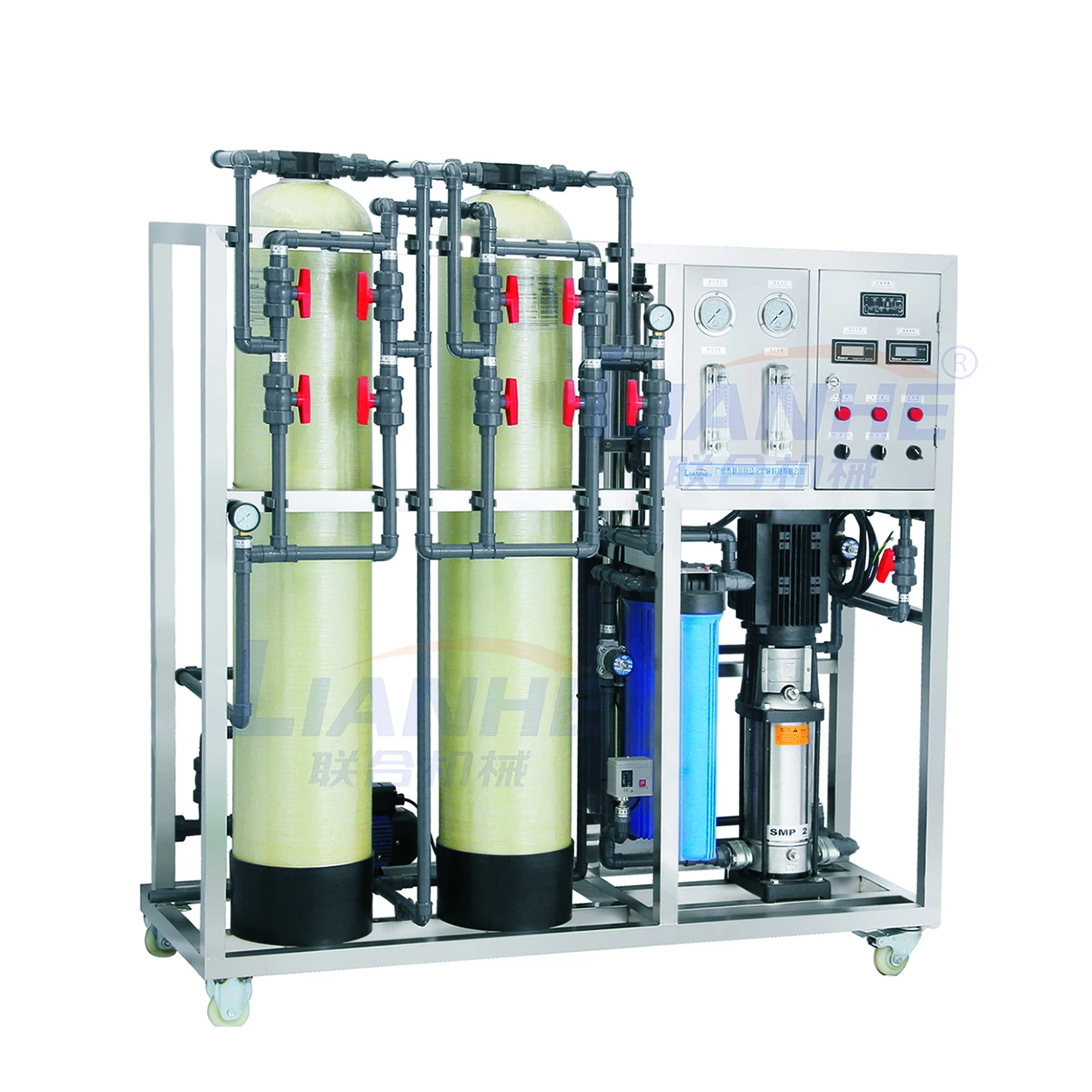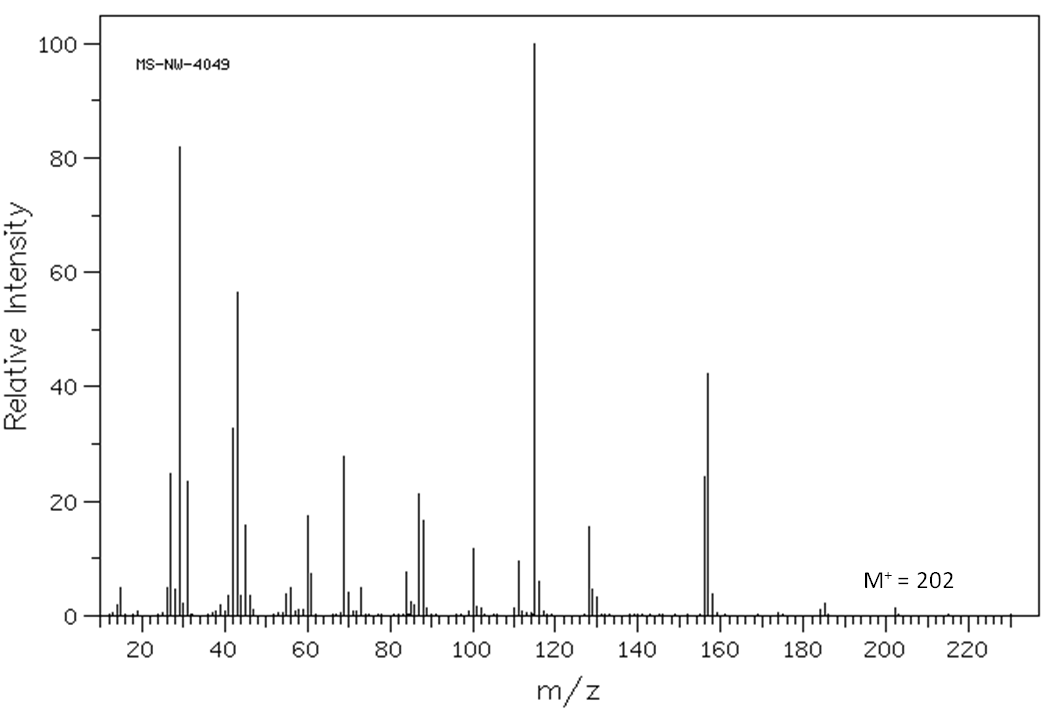Winter is here and many facility managers are firing up their boilers for the first time this season. For those that are, the key to fewer boiler-related headaches throughout the winter is proper boiler water treatment. So how do you know if your water treatment program is the right one? What are the best practices for steam boilers? This post is intended to help you find out.


No Two Boilers are ?Exactly?? the Same
Even two of the same models of boiler sitting in the same plant, with the same make up water, and same fuel can have different operating characteristics. Every boiler room in the world is as unique and diverse as the people responsible for maintaining them. The boiler design, output, demand, fuel, layout, metallurgy, makeup and feedwater quality, run schedule, load, and what the steam comes into contact with will have its own degree of originality and thereby will require its own specific handling and needs. So, why would anyone then assume their boiler water treatment chemicals would be the same across the board? With the thousands of possible combinations of oxygen scavengers, scale inhibitors, amines, multi-functional one drum treatments and alkalinity supplements that could be used in any given boiler water treatment program, is your facility getting one that meets its individual and unique needs? Also, with advancements in polymer chemistry over the years could your facility be running an outdated program that is not utilizing the latest innovations in energy and water conservation technology?
Take scale inhibitor technology for instance; there are many families of scale inhibitors each designed to inhibit the formation of scale in different ways depending on the boiler design and feedwater quality. ?All-polymer?? technology has been much more attractive over the past decade or so due to the cleanliness of the boiler internals and the ability to run it safely at high cycles, but if your feedwater routinely experiences upsets in iron and hardness the polymer can become stressed and these particulates will drop out of solution and form deposits. It cannot do the job it is required to do based on feedwater quality issues. In these cases, an older method of treatment, like precipitating phosphate scale inhibitor chemistry, is better designed to handle these types of upsets without causing scaling conditions. Conversely, if your plant rarely has hardness and iron upsets and you are still running a phosphate based scale inhibitor program, then you are almost certainly losing money every year in fuel and water by not optimizing the cycles you can run in your boiler.
Another example is condensate treatment. Neutralizing amines are boiler chemicals that are commonly used for condensate corrosion prevention. Neutralizing amines are volatile and flash out with the steam in the boiler. They buffer the condensate to ensure a pH that is noncorrosive. Most amine products are normally blended as a mixture of amines that are of short, medium and long range effectiveness. A facility that sends steam through hundreds and thousands of feet of piping would be better served with a long range amine technology while a plant that is much smaller in size would be benefit from a short and/or medium range amine for the most effective condensate treatment. Your facility may in fact require a short and long range blend based on your particular needs. In addition, there are some industries that require that no contaminants be in their steam since it comes in direct contact with food or other people; in these cases, neutralizing amines are not allowed in any form. Some scale inhibitors and multi-functional products contain small amounts of amines blended into them, and therefore, may unintentionally be in violation of these facility mandates.
What about New Products and Advancements in Boiler Water Treatment Technology?
In recent years there have been many new-comers to the boiler water treatment industry. Many so-called ?all-in-one?? boiler treatment products fall into this category, but most are just reformulations of old technology. However, there are a group of boiler chemicals that are gaining some momentum; and that?s Cetamine?. Cetamine? is an innovation in boiler treatment technology that based on filming polyamines for boiler water and steam treatment. Cetamine? is heralded as being able to produce a mono-molecular protective layer in the feed tank, boiler and throughout the condensate lines. This would combat corrosion and corrosion deposits and therefore enhance boiler efficiency and reliability while decreasing maintenance costs. Since it is not a salt, Cetamine? does not increase the TDS level in the boiler unlike traditional boiler treatments. This helps minimize blowdown and therefore reduces water and energy costs. There are FDA compliant versions of Cetamine? products that are specifically made for the Food and Pharmaceutical industry, as well as versions that are designed for production processes which have to comply with Kosher rules.
How Do I Know if We are Using the Right Kind of Boiler Water Treatment?
Boiler water treatment companies come in all sorts of shapes and sizes and so do the opinions that they have about how a particular boiler system should be treated. It helps to know what the basic opinions of your chemical service provider are. A good way to get that information is by asking questions. Some key boiler treatment questions to ask your provider are:
How do you monitor corrosion levels in my boiler?
What do you believe the acceptable levels of corrosion are?
Based on your analysis, is my incoming city water scale forming or corrosive? What is the plan of treatment?
Is it important to treat our condensate? Why?
The answers to these questions should give you some insight into your service provider?s philosophy regarding what constitutes ?good?? boiler treatment. (As a side note: If these questions are met with a blank stare, you may want to consider changing vendors, or at least getting a second opinion!)
What?s the Big Takeaway?
Any successful boiler treatment program needs a thorough examination of its mechanical systems (pre-treatment systems, steam traps, deaerator versus feedwater tank, etc), operational systems (blowdown schedule, boiler load runs, deaerator performance, operator testing) and chemical systems (water quality of makeup, condensate quality, chemical treatment program) to ensure long capital equipment life and energy efficiency. While some facilities may prefer to adopt an ?if it?s not broke, don?t fix it?? approach to their chemical program, advances in technology, as well as changes to their surroundings, both external (changes to water source) and internal (deterioration of piping, addition/subtraction of load demands), may be costing untold amounts of time and money in terms of efficiency, energy conservation and unnecessary, unplanned maintenance.
If you would like to learn more about boiler maintenance best practices and boiler water treatment, please check out our free eBook: “Ten Huge Mistakes Facilities Make in Boiler Operation and How to Avoid Them.”
As always, we hope you found this information useful. Please subscribe to our blog for more great information about water treatment! Thanks for reading!
About Clarity Water Technologies
Clarity Water Technologies is known throughout the east coast as an innovative industrial/commercial water treatment company and the innovators of 360 Degree Legionella Management Service. To put it simply: As New York City’s Top Environmental Consultants, we make commercial HVAC and industrial process machinery last longer and run more efficiently, with less fuel and less downtime, by chemically treating the water that runs through it. Typical systems that we treat include steam boilers, chillers and cooling towers; however, we also offer advanced wastewater, glycol services, odor control and fuel treatment services. We are one of Northeast?s most trusted Legionella remediation companies and are widely accepted as one of the best consulting firms to establish best practices for the implementation of ASHRAE Standard 188 – Legionellosis: Risk Management for Building Water Systems.
As environmental consultants specializing in water treatment, we know that chemistry is only one part of what makes a cooling tower system operate at peak performance. The other part of the equation is proper physical cleaning, disinfection and maintenance. Today, Clarity offers one of the most reliable and effective cooling tower disinfection services available throughout NY, NJ, CT, DE, MD and PA. Clarity is a NADCA Certified HVAC Cleaning Service Company. Our team also offers on-line cleanings, chlorine dioxide disinfection, Legionella remediation and installation of the EcoSAFE Solid Feed System?one of the most advanced water treatment systems for Cooling Towers in the world! Please contact us today for a free estimate on your next project.
New York City Water Treatment Expert and Environmental Consultant, Greg Frazier has a vast knowledge of Industrial Boiler Water Treatment and is currently the Managing Partner of Clarity Water Technologies, one of the top Environmental Consulting firms in New York. Mr. Frazier has over 19 years of Industrial Water Treatment experience and holds a degree in Chemical Engineering from the University of Tennessee. Clarity Water Technologies specializes in comprehensive water treatment services. Clarity’s service goes far beyond administering Cooling Tower Water Treatment chemicals – it also includes Cooling Tower Maintenance and HVAC Cleaning Services.


Comentarios recientes